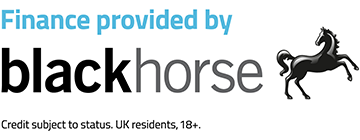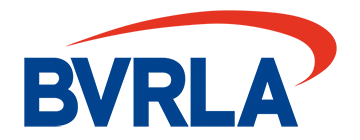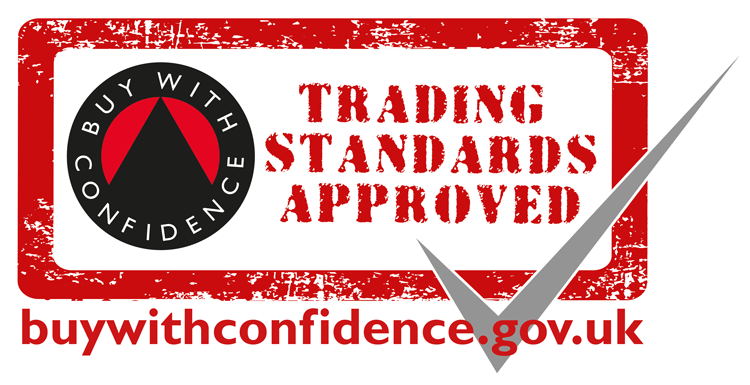Salary Sacrifice Car Schemes

What is a Salary Sacrifice Car Scheme?
Salary sacrifice car schemes are increasingly popular at the moment, but what are they and should you consider getting your next car via salary sacrifice, or if you’re an employer, is it worth your while to look into operating a salary sacrifice scheme of your own as an employee benefit and staff retention incentive?
At it’s core, a salary sacrifice car scheme is where an employer leases a new vehicle and their employee sub-leases it to their employee as an in-work benefit. The employee agrees to sacrifice a portion of their gross salary (before income tax and national insurance) to pay for it. This arrangement allows for their money to go further, affording a much better car than they would otherwise obtain should they source it independently as well as being able to take advantage of their employers buying and negotiating power with the vehicle supplier.
Salary Sacrifice Schemes From An Employees Perspective
For the employee, a salary sacrifice scheme works pretty much the same way as some of our vehicle rental products (specifically fixed term hire) – essentially an ‘all-inclusive’ arrangement. This means for one monthly payment, without hidden costs, upfront payments or deposits, you not only get the use of a brand new or nearly new car, but things like road tax, breakdown cover, maintenance are included. Your employer may even cover replacement tyres and potentially insurance too.
With traditional company cars, they’re typically only available to employees whose roles require one, or to those who’ve been elevated to a certain level of seniority in the company. Salary sacrifice schemes by contrast are available to anyone. Although it has to be said those who are on, or close to minimum wage might not be able to access the scheme if the deductions from their salary would take their remaining pay to below minimum wage.
While income tax and national insurance contributions are no longer paid for the potion of the salary sacrificed, the employee will have to pay Benefit in Kind (BIK) tax, sometimes referred to as company car tax. BIK however is a tax based on the taxable value of the car. It’s worth noting that not all cars are taxed equally. Hybrid electric vehicles have a much lower tax rate than the equivalent petrol or diesel and pure electric cars have almost no tax at all (currently around 3%), making them absolute bargains for the company car user. Both EV’s and Hybrids are typically extremely cost efficient to run in terms of fuel/electricity per mile too.
Ultimately for the employee, you’ll be able to drive a better car than the same money would obtain otherwise, saving tax and also many of the headaches associated with running your own vehicle. It has to be said though, that typically once the agreement is entered into, it’s fixed for a particular term and it can be hard to end the agreement early. However, at the end of the agreement assuming the vehicle is within the agreed mileage and in acceptable condition (taking into accoubt fair wear and tear), the car is handed back and the employee has no further obligation. Saving the hassle of selling, tyre kickers and haggling.
Obviously, another car can then be chosen if desired and the cycle repeats.
For Employers – Why Make A ‘Sal Sac’ Scheme Available?
For employers, running a ‘salsac’ scheme is a great benefit to offer which has high perceived value for employees and as such is of tremendous help when it comes to staff satisfaction and retention, but without being a burden on the company bank account. In fact, for each participatiing employee, your employer national insurance contributions are reduced in the same way your staffs are.
For businesses that are actively pursuing a carbon reduction target, depending on the type and C02 emissions of the vehicles in your scheme, cars obtained this way can contribute significantly to reducing your business’ carbon footprint.
Westwood Car News
- Range Rover Autobiography PHEV
 The full size Range Rover is perhaps the ultimate go-to vehicle when it comes to a car which epitomises luxury, success and brand appeal.
The full size Range Rover is perhaps the ultimate go-to vehicle when it comes to a car which epitomises luxury, success and brand appeal. - Ineos Grenadier
 Never heard of the Ineos Grenadier, we don’t blame you. A true off-roader, not a soft-roader, inspired by the classic Landrover Defender.
Never heard of the Ineos Grenadier, we don’t blame you. A true off-roader, not a soft-roader, inspired by the classic Landrover Defender. - Mercedes CLA Electric
 The new 2025 Mercedes CLA Electric is a bold statement from Mercedes. Nearly 500 miles range and premium features throughout.
The new 2025 Mercedes CLA Electric is a bold statement from Mercedes. Nearly 500 miles range and premium features throughout. - Polestar 4
 The Polestar 4, depending on how you look at it, is either a massively oversized hatchback, a low slung SUV or a tall Coupe.
The Polestar 4, depending on how you look at it, is either a massively oversized hatchback, a low slung SUV or a tall Coupe. - Salary Sacrifice Car Schemes
 Salary sacrifice car schemes are increasingly popular at the moment, but what are they and should you consider getting your next car via salary sacrifice, or if you’re an employer, is it worth your while to look into operating a salary sacrifice scheme of your own as an employee benefit and staff retention incentive?
Salary sacrifice car schemes are increasingly popular at the moment, but what are they and should you consider getting your next car via salary sacrifice, or if you’re an employer, is it worth your while to look into operating a salary sacrifice scheme of your own as an employee benefit and staff retention incentive? - Ford Puma
 The Ford Puma is big enough for a family, relatively affordable, but with great driving dynamics, low running costs and plenty of creature comforts.
The Ford Puma is big enough for a family, relatively affordable, but with great driving dynamics, low running costs and plenty of creature comforts.











